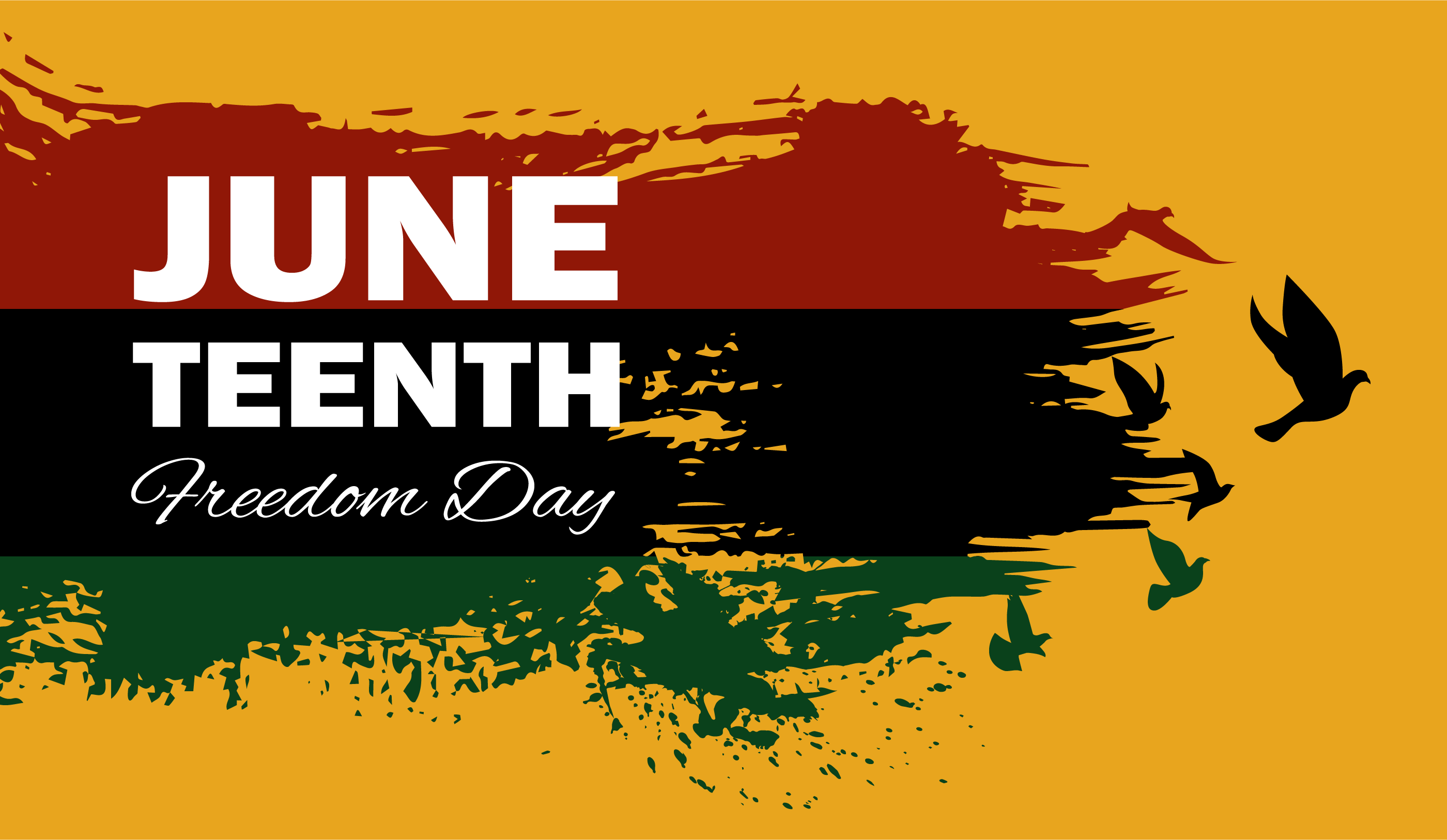Most of us probably have heard of Juneteenth, an annual holiday held on June 19 that celebrates the end of slavery in the U.S.
But unless you’re closely associated with the African-American community, you probably don’t know enough about it to consider it as anything more than a "that’s great that we celebrate it."
Yet Juneteenth has been celebrated by African-Americans since the late 1800s
The first celebration was held on June 19, 1866, and pretty much has been a focus solely of the country’s African-American communities since then.
That changed with the nationwide protests of early summer 2020 following George Floyd's death in late May of that year.
A brief history of Juneteenth
President Abraham Lincoln issued the Emancipation Proclamation on January 1, 1863, declaring that “all persons held as slaves” within states that had ceded from the U.S. “are, and henceforward shall be free.”
(Important note: it applied only to states within the Confederacy – those that had seceded from the U.S. – leaving slavery untouched in loyal border states. And most importantly, the promised freedom depended upon a U.S. military victory in the Civil War.)
Confederate General Robert E. Lee surrendered on April 9, 1865, ending the conflict.
Juneteenth got its name when Gordon Granger, a Union general, arrived in Galveston, Texas, on June 19, 1865, letting enslaved Americans know that the Civil War had ended, thus putting the Proclamation into effect.
Juneteenth is roughly a combination of “June” and “19.” It’s also sometimes called “Freedom Day, “Emancipation Day,” and even “Juneteenth Independence Day.
Juneteenth.com provides a much more in-depth history of the day and its celebration over the decades. It’s often celebrated within African-American communities with family get-togethers, lots of food, parades, and prayers.
Juneteenth became a national holiday in 2021
African-Americans and other activists worked hard over several decades to see Juneteenth designated as such. Texas was the first state to establish it as a state holiday in 1980, and since then, the District of Columbia and 45 other states now officially recognize it.
Yet it arguably took the nationwide protests of 2020 to push the U.S. government to finally make it a federal holiday: federal workers will have the day off this year.
How your company can commemorate Juneteenth
- If at all possible, give your employees a paid day off. Even if you don’t designate it as a company-wide holiday, some form of acknowledgment would be invaluable.
- Consider asking your HR department to send a company-wide memo discussing the history and why the day is important.
- Understand and articulate the business relevance of DEI to your purpose and strategy. It isn’t a one-off but rather an essential element of a company’s life-blood. Building an inclusive culture requires leaders who role-model and demonstrate inclusion within their organizations.
- Ensure your leadership pipeline is representative of the available talent and the communities in which you operate. The CNEXT Accelerate Program can help you do so.
- Make a commitment and concerted effort to hire minority vendors as appropriate.
We can all look at Juneteenth as a day to work to heal the many divisions among us and help our country move forward as one that is united.
“In some not too distant tomorrow, the radiant stars of love and brotherhood will shine over our great nation with all their scintillating beauty.”--Martin Luther King, Jr.
Posted on June 15, 2023 by CNEXT




